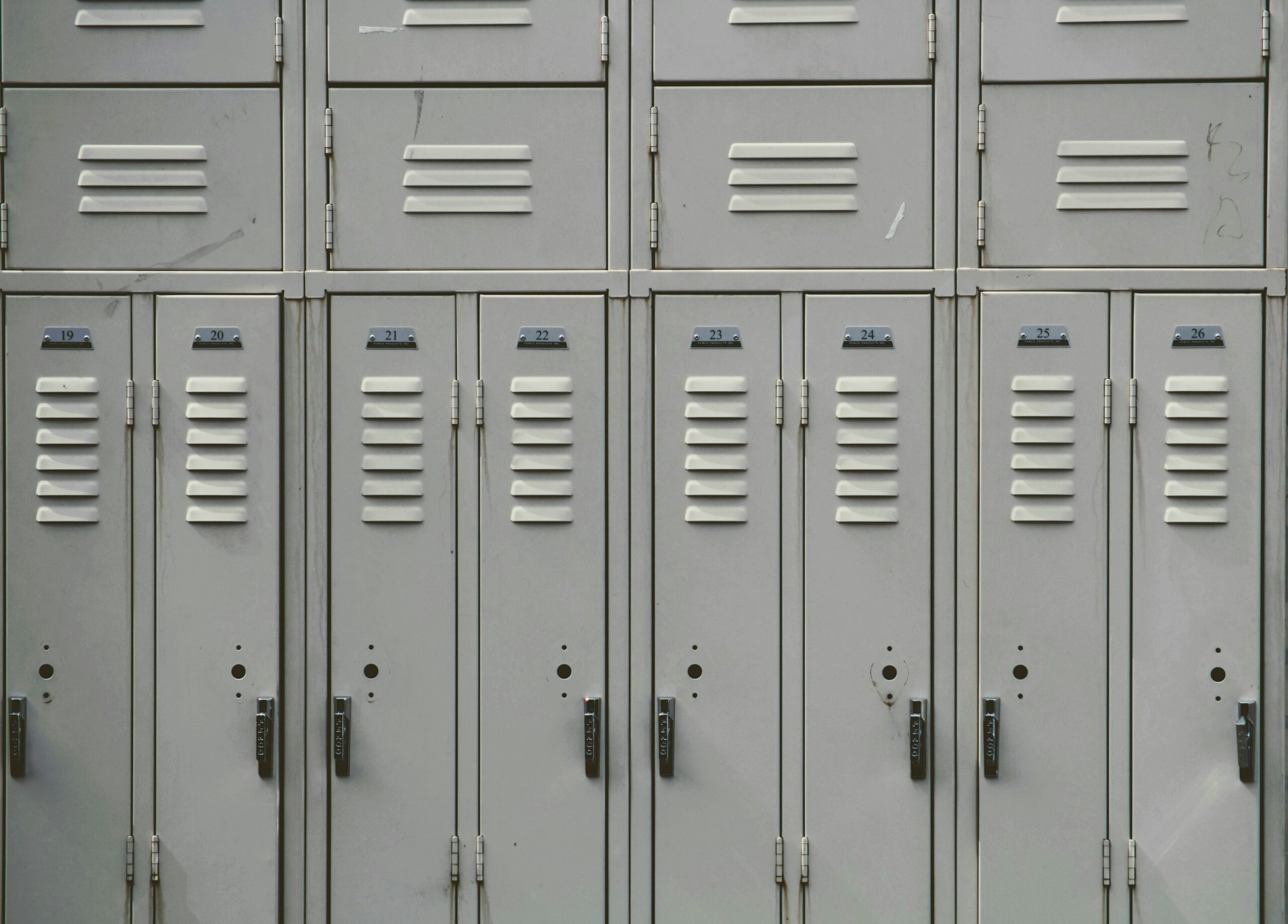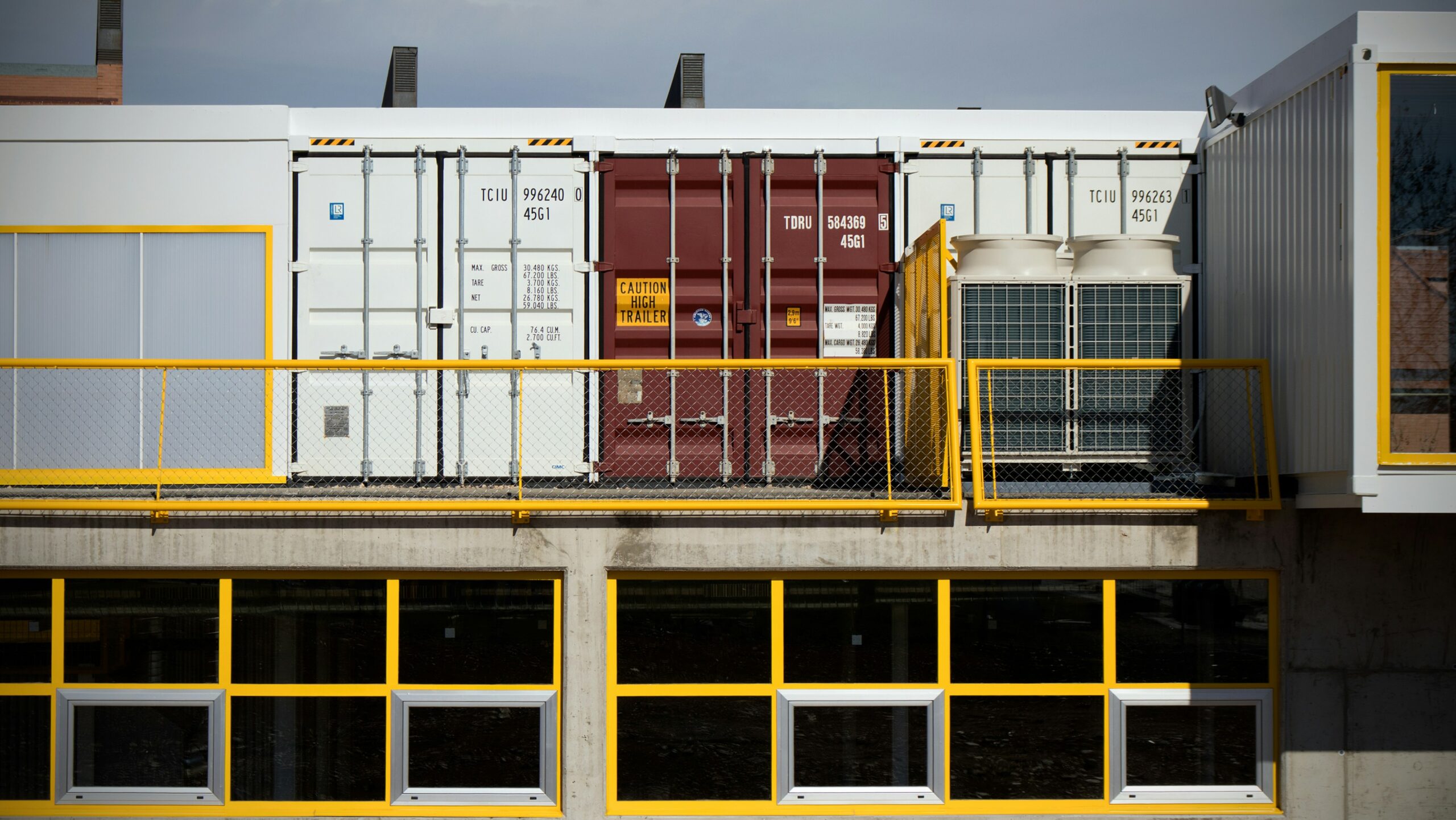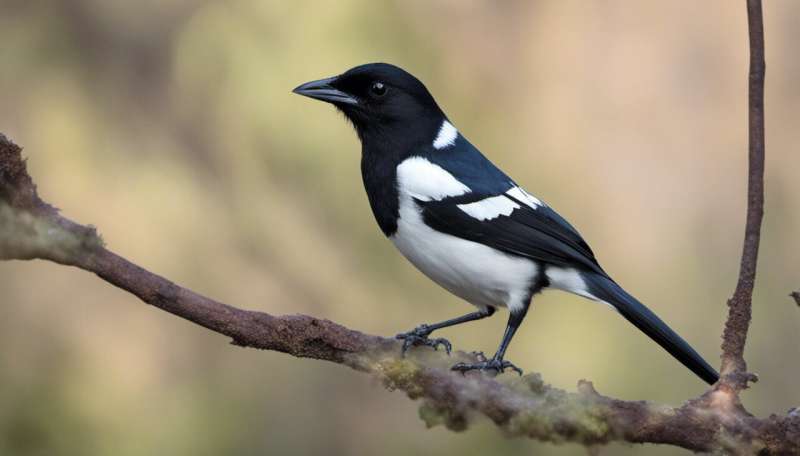
Once we connected tiny, backpack-like monitoring units to 5 Australian magpies for a pilot learn about, we did not be expecting to find a wholly new social conduct infrequently noticed in birds.
Our purpose used to be to be told extra in regards to the motion and social dynamics of those extremely smart birds, and to check those new, sturdy and reusable units. As a substitute, the birds outsmarted us.
As our new analysis paper explains, the magpies started appearing proof of cooperative “rescue” conduct to lend a hand each and every different take away the tracker.
Whilst we are acquainted with magpies being clever and social creatures, this used to be the primary example we knew of that confirmed this kind of reputedly altruistic conduct: serving to some other member of the crowd with out getting a right away, tangible praise.
Trying out thrilling new units
As educational scientists, we are conversant in experiments going awry in a method or some other. Expired components, failing apparatus, infected samples, an unplanned energy outage—those can all set again months (and even years) of moderately deliberate analysis.
For the ones folks who learn about animals, and particularly conduct, unpredictability is a part of the task description. This is why we incessantly require pilot research.
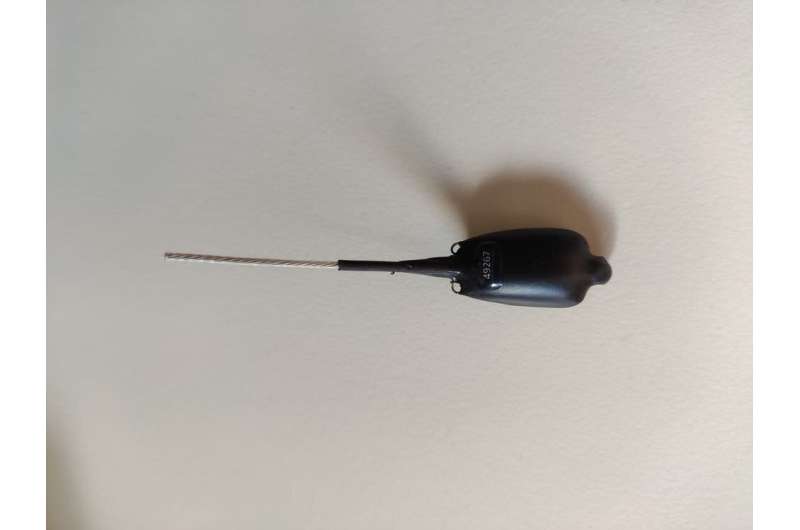
Our pilot learn about used to be one of the most first of its type—maximum trackers are too giant to have compatibility on medium to small birds, and those who do generally tend to have very restricted capability for information garage or battery lifestyles. Additionally they have a tendency to be single-use most effective.
A singular facet of our analysis used to be the design of the harness that held the tracker. We devised a technique that did not require birds to be stuck once more to obtain valuable information or reuse the small units.
We skilled a bunch of native magpies to come back to an outside, floor feeding “station” that would both wirelessly price the battery of the tracker, obtain information, or liberate the tracker and harness through the usage of a magnet.
The harness used to be difficult, with just one vulnerable level the place the magnet may just serve as. To take away the harness, one wanted that magnet, or some in point of fact excellent scissors. We had been considering the design, because it unfolded many chances for potency and enabled numerous information to be amassed.
We needed to look if the brand new design would paintings as deliberate, and uncover what sort of information lets collect. How a long way did magpies cross? Did they’ve patterns or schedules all through the day when it comes to motion, and socialising? How did age, intercourse or dominance rank have an effect on their actions?
All this may well be exposed the usage of the tiny trackers—weighing lower than one gram—we effectively fitted 5 of the magpies with. All we needed to do used to be wait, and watch, after which trap the birds again to the station to assemble the dear information.
It used to be to not be
Many animals that are living in societies cooperate with one some other to make sure the well being, protection and survival of the crowd. Actually, cognitive skill and social cooperation has been discovered to correlate. Animals dwelling in greater teams generally tend to have an greater capability for drawback fixing, similar to hyenas, noticed wrasse, and space sparrows.
Australian magpies aren’t any exception. As a generalist species that excels in drawback fixing, it has tailored neatly to the extraordinary adjustments to their habitat from people.
Australian magpies typically are living in social teams of between two and 12 people, cooperatively occupying and protecting their territory thru tune choruses and competitive behaviors (similar to swooping). Those birds additionally breed cooperatively, with older siblings serving to to boost younger.
Right through our pilot learn about, we discovered how briefly magpies staff as much as resolve a bunch drawback. Inside of ten mins of becoming the general tracker, we witnessed an grownup feminine and not using a tracker running along with her invoice to take a look at and take away the harness off of a more youthful fowl.
Inside of hours, lots of the different trackers have been got rid of. Via day 3, even the dominant male of the crowd had its tracker effectively dismantled.
We do not know if it used to be the similar person serving to each and every different or in the event that they shared tasks, however we had by no means examine another fowl cooperating on this means to take away monitoring units.
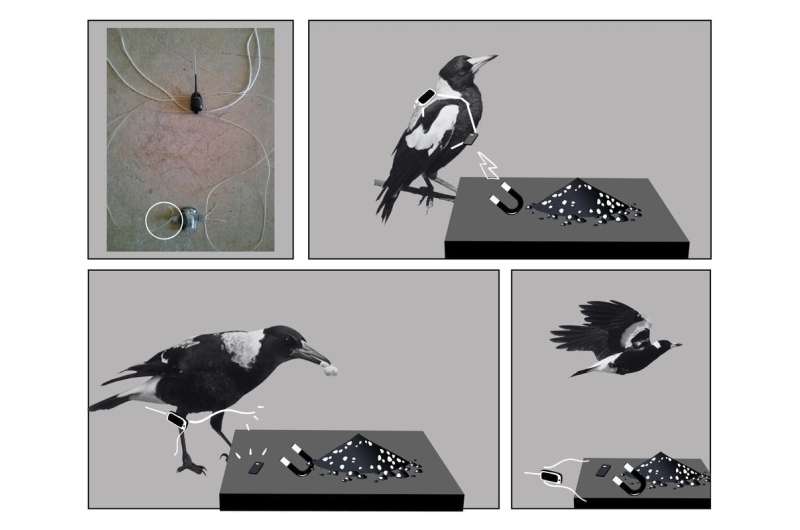
The birds had to drawback resolve, in all probability checking out at pulling and snipping at other sections of the harness with their invoice. Additionally they had to willingly lend a hand different people, and settle for lend a hand.
The one different an identical instance of this kind of conduct lets in finding within the literature used to be that of Seychelles warblers serving to liberate others of their social staff from sticky Pisonia seed clusters. This can be a very uncommon conduct termed “rescuing.”
Saving magpies
Thus far, maximum fowl species which have been tracked have not essentially been very social or thought to be to be cognitive drawback solvers, similar to waterfowl and raptors. We by no means thought to be the magpies might understand the tracker as some more or less parasite that calls for removing.
Monitoring magpies is a very powerful for conservation efforts, as those birds are liable to the expanding frequency and depth of heatwaves below local weather exchange.
In a learn about revealed this week, Perth researchers confirmed the survival charge of magpie chicks in heatwaves will also be as little as 10%.
Importantly, additionally they discovered that upper temperatures ended in decrease cognitive efficiency for duties similar to foraging. This would possibly imply cooperative behaviors grow to be much more necessary in a incessantly warming local weather.
Similar to magpies, we scientists are all the time finding out to drawback resolve. Now we wish to return to the planning stage to search out tactics of accumulating extra necessary behavioral information to lend a hand magpies live to tell the tale in a converting international.
This newsletter is republished from The Dialog below a Inventive Commons license. Learn the authentic article.![]()
Quotation:
Altruism in birds? Magpies have outwitted scientists through serving to each and every different take away monitoring units (2022, February 22)
retrieved 6 March 2023
from https://phys.org/information/2022-02-altruism-birds-magpies-outwitted-scientists.html
This record is topic to copyright. Excluding any honest dealing for the aim of personal learn about or analysis, no
phase could also be reproduced with out the written permission. The content material is equipped for info functions most effective.
Supply Via https://phys.org/information/2022-02-altruism-birds-magpies-outwitted-scientists.html


